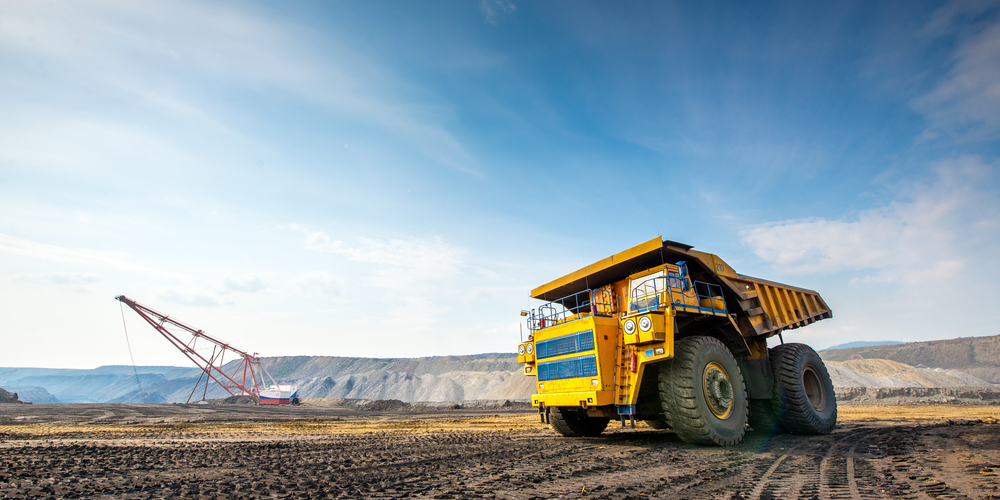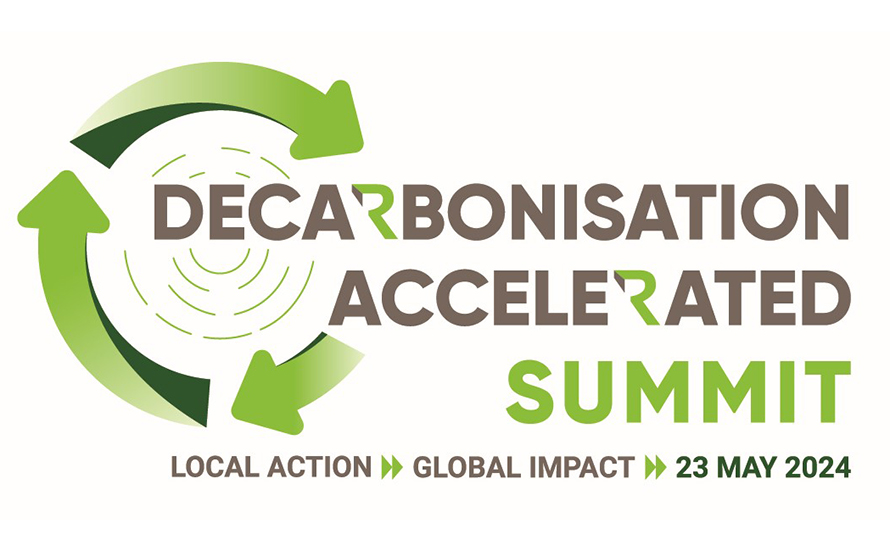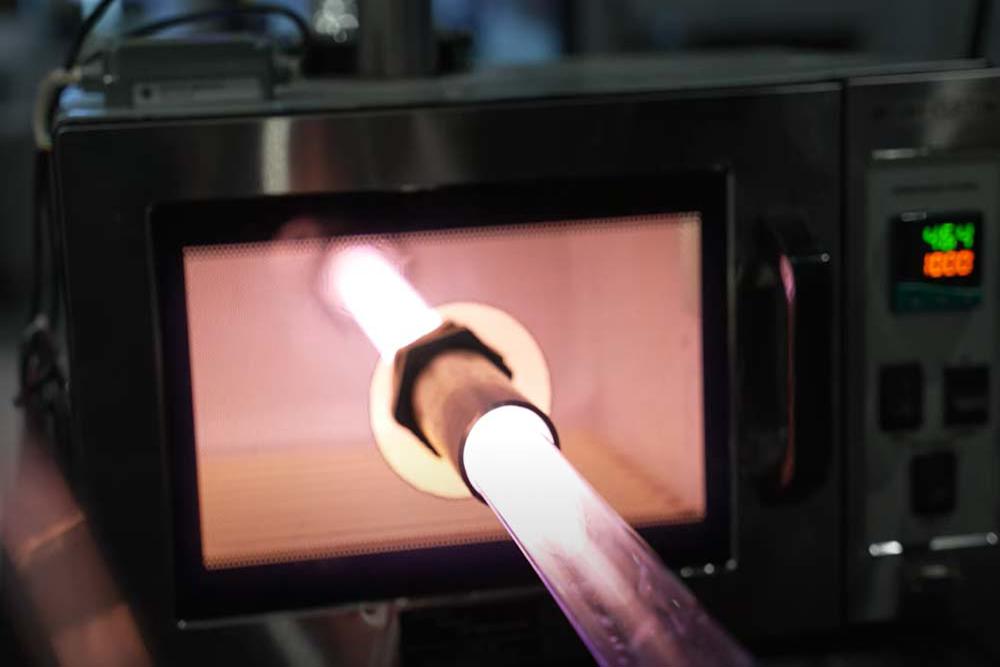
Technology will be a key focus of a new initiative that brings together a number of major Australian businesses and industry stakeholders to explore pathways to reducing emissions.
The Australian Renewable Energy Agency (ARENA) has provided $300,000 to ClimateWorks Australia to assist in the establishment of the Australian Industry Energy Transitions Initiative (ETI), which brings together key industry stakeholders from hard-to-abate sectors to explore solutions that can help them reduce their emissions across their supply chains, and increase long term competitiveness through transitioning to clean energy solutions.
ClimateWorks, along with co-convenors Climate-KIC and research partners CSIRO and the Rocky Mountain Institute have undertaken preliminary research and will work with industry participants to develop a practical program to fill research gaps, identify challenges and develop projects for implementation.
The initiative will focus on five supply chains which include iron and steel, aluminium and bauxite, liquefied natural gas, other metals (such as lithium, copper and nickel) and chemicals including plastics, fertilisers and explosives. These sectors together represent more than a quarter of Australia’s annual greenhouse gas emissions and approximately $160 billion in exports annually.
The initiative aims to set Australian industry up for a successful transition to a decarbonised global economy, by harnessing industry knowledge to accelerate emissions reductions across whole supply chains – in sectors where abatement has traditionally faced structural challenges.
ARENA CEO, Darren Miller, said accelerating the uptake of renewable energy in the industrial sector is a critical part of helping Australia reduce its emissions.
“Providing industry with information and insights on energy options such as renewables and alternative fuels will also help industry meet their market needs as global demand for low carbon products grows.”
“This initiative has some ‘heavy hitters’ at the table and we’re expecting the collaboration will allow for the exchange of ideas and knowledge that will benefit across sectors and supply chains,” he said.
“Importantly, we also believe the ETI fits well with the goals of the Australian Government’s Technology Investment Roadmap which will provide a strategic approach to future investments in low emissions technologies,” Mr Miller commented.
Australian Industry ETI Chair, Simon McKeon AO, added that collaboration, experimentation and shared knowledge will sit at the heart of the initiative’s work.
“We know that we can find solutions more quickly, and start implementing them, if we’re encouraging collaborative learning and knowledge sharing, especially when it comes to new technology,” Mr McKeon said.
“This initiative provides a platform to generate knowledge and test action through on-the-ground projects that support industry to realise the opportunities of a decarbonising global economy.”
Participating industrial companies in the two-year initiative include BHP, Woodside, BlueScope Steel, BP Australia, Orica, APA Group, and Australian Gas Infrastructure Group (AGIG). Together, these participants account for 13.6 per cent of Australian industrial emissions. They are joined by National Australia Bank, Schneider Electric, Australian Super and Wesfarmers Chemical, Energy & Fertilisers, with more expected to join in the coming months.












